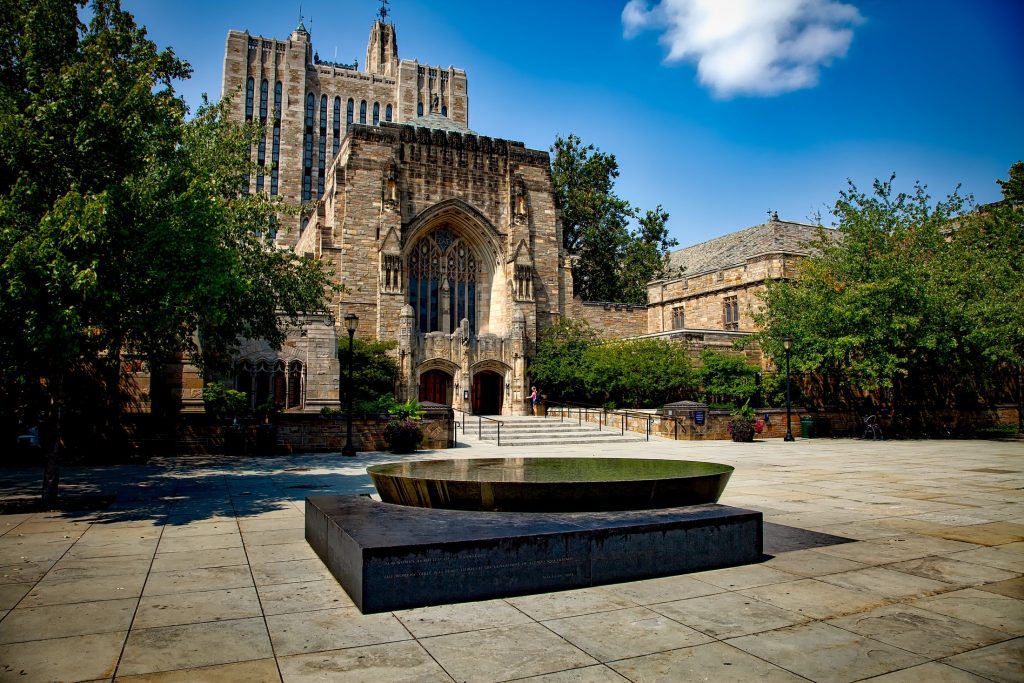Students will receive free college credits upon completion of the syllabus.
- Study at a Beijing high school showed that happiness lessons had positive outcomes among students.
- In the US, ‘happiness professor’ Laurie Santos’s Psychology and the Good Life course will be rolled out to students in low-income high schools.
- COVID-19 pandemic has negatively impacted mental health and wellbeing across the world, with young people particularly affected.
Lessons in happiness and wellbeing led to significant changes in positive attitudes in Chinese high school students, according to a study.
Students aged 15 to 16 at Beijing’s No 19 High School were given a one-semester course in happiness and wellbeing.
The study reported significant changes in positive attitudes. The course also improved ‘affective balance’ – the ability to weigh-up negative and positive emotions associated with life experiences.
Measuring mental health in young people
Such improvements are to be welcomed in the light of a recent study by Sapien Labs, that recorded plunging levels of mental wellbeing in younger generations.
The study measured mental wellbeing across various age groups in eight English speaking countries, including India, Singapore, the US and South Africa. Researchers developed a tool called the Mental Health Quotient that “measures a range of problems that map to symptom profiles across ten common mental health disorders as well as positive mental attributes to position people on a spectrum of mental wellbeing from Clinical to Thriving.”
The report found that, “a full 44% of respondents aged 18-24 years were Clinical or At risk of a clinical disorder compared to only 6% of those 65 and older. Such a profound difference in mental wellbeing must sound a loud alarm.”
Questioning what really makes us happy
While Beijing’s happiness courses are the latest to respond to those alarms, an earlier reaction to the mental health crisis in students came from one of the top Ivy League universities in the United States.

